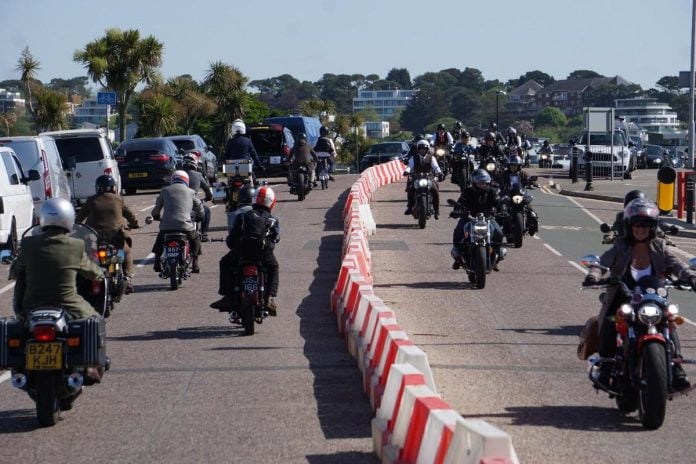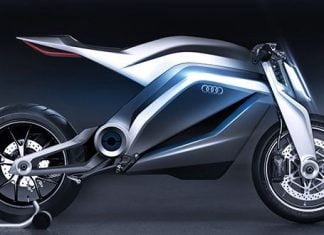Motorcycle riding is a thrilling and liberating experience, but it also demands utmost responsibility and caution. Despite the obvious risks, some riders underestimate the impact of substance use on their abilities, leading to devastating consequences for themselves and others on the road. Here, we’ll explore five ways drugs and alcohol impair a motorcyclist’s abilities, emphasizing the importance of making responsible choices for a safe and enjoyable ride.
Reduced Reaction Time
One of the most critical aspects of motorcycle riding is reacting quickly to unexpected situations on the road. Alcohol and drugs can significantly slow down reaction times, impairing a rider’s ability to respond to sudden hazards such as a pedestrian crossing the street or a car making an abrupt lane change, says one pedestrian accident lawyer from Phoenix. According to a study by the National Highway Traffic Safety Administration (NHTSA), alcohol impairs a person’s reaction time by up to 25%, and drugs can exacerbate this effect.
Impaired Coordination and Balance
Maintaining balance and coordination are vital for safe motorcycle operations. Alcohol and drugs disrupt the brain’s ability to control fine motor skills, making it challenging to maneuver the bike smoothly and maintain stability while riding. This impairment can lead to losing control, increasing the risk of accidents. The Insurance Institute for Highway Safety (IIHS) has reported that motorcyclists involved in crashes while under the influence are more likely to have issues with balance and coordination.
Reduced Judgment and Decision-Making
A clear, sound mind is crucial for making split-second decisions while riding a motorcycle. Intoxication from alcohol and drugs impairs judgment and decision-making abilities, leading to risky behaviors and poor choices on the road. A study published in the Journal of Studies on Alcohol and Drugs found that intoxicated riders were likelier to engage in reckless maneuvers and speed excessively.
Decreased Vision and Awareness
Alcohol and certain drugs can negatively impact a rider’s vision, leading to decreased peripheral vision and blurred vision. These impairments reduce the ability to spot potential hazards, such as approaching vehicles or obstacles on the road. Furthermore, intoxication can also result in tunnel vision, where a rider becomes fixated on a single point and fails to see the broader surroundings, putting them at a higher risk of accidents.
Impaired Concentration and Focus
Staying focused and attentive is paramount while riding a motorcycle, as even a momentary lapse in attention can lead to a catastrophic outcome. Drugs and alcohol affect the brain’s ability to concentrate, leading to distractibility and wandering thoughts. This reduced focus can hinder a rider’s ability to process critical information from the road and other vehicles, elevating the chances of collisions.
Riding a motorcycle under the influence of alcohol and drugs is illegal and extremely dangerous. Studies show that alcohol or drugs are a factor in 42% of all motor vehicle accidents. Motorcyclists who are involved in a collision are at risk of devastating injuries or even death, emphasizing the need for responsible riding practices. Always choose sobriety, buckle up your helmet, and enjoy the open road responsibly to ensure a safe and memorable riding experience.


















